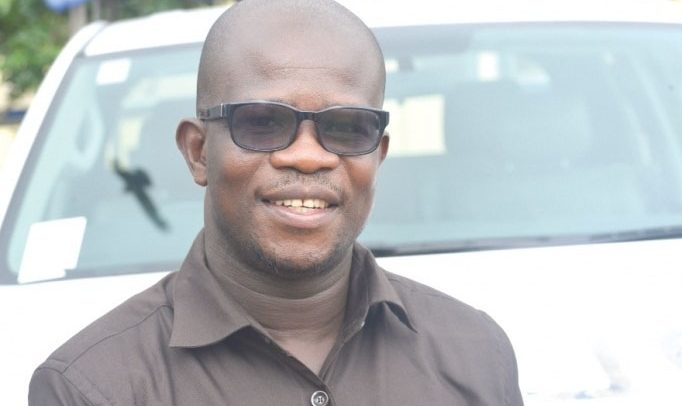Professor Michael Kpessa-Whyte, a political scientist at the Institute of African Studies and the University of Ghana, has expressed concerns about the Electoral Commission’s (EC) readiness and transparency in the run-up to the elections.
In an interview on JoyNews’ Newsfile on Saturday, November 30, he alleged that the EC may have recruited members of the New Patriotic Party (NPP) for critical polling station roles, a move he believes could undermine the integrity of the electoral process.
Prof. Kpessa-Whyte criticized the EC for failing to publicly disclose the identities of individuals recruited to oversee election activities, noting that such transparency is essential to build public trust.
“We are seven or six days to the election, if I’m not mistaken, and the political parties have no sense of the individuals. This is important because there are suspicions that some individuals holding executive positions in political parties, particularly in the NPP, may have been recruited to serve as the individuals who may either be issuing ballots or doing the inking or checking the names in the register and so on,” he claimed.
He also raised logistical concerns, particularly regarding the distribution of election materials and the functionality of biometric verification devices (BVDs).
“For instance, in Asawase, which has 215 polling stations, they require 430 biometric devices, assuming two per station. Yet, only 401 have been delivered. The EC says, ‘we will manage,’ but such an approach could lead to delays, long queues, and possibly disenfranchise voters who may walk away,” he noted.
Prof. Kpessa-Whyte urged the EC to promptly address these issues by:
- Publishing the list of polling station staff to ensure transparency and accountability.
- Providing detailed information on the distribution and readiness of election materials.
- Ensuring the functionality of biometric devices and making adequate logistical preparations to prevent disruptions.
“It is important, particularly in the interest of free and fair elections, that these things are cleared up. In fact, it is in the EC’s interest to address these concerns to enhance its image and public confidence in the electoral process,” he concluded.

